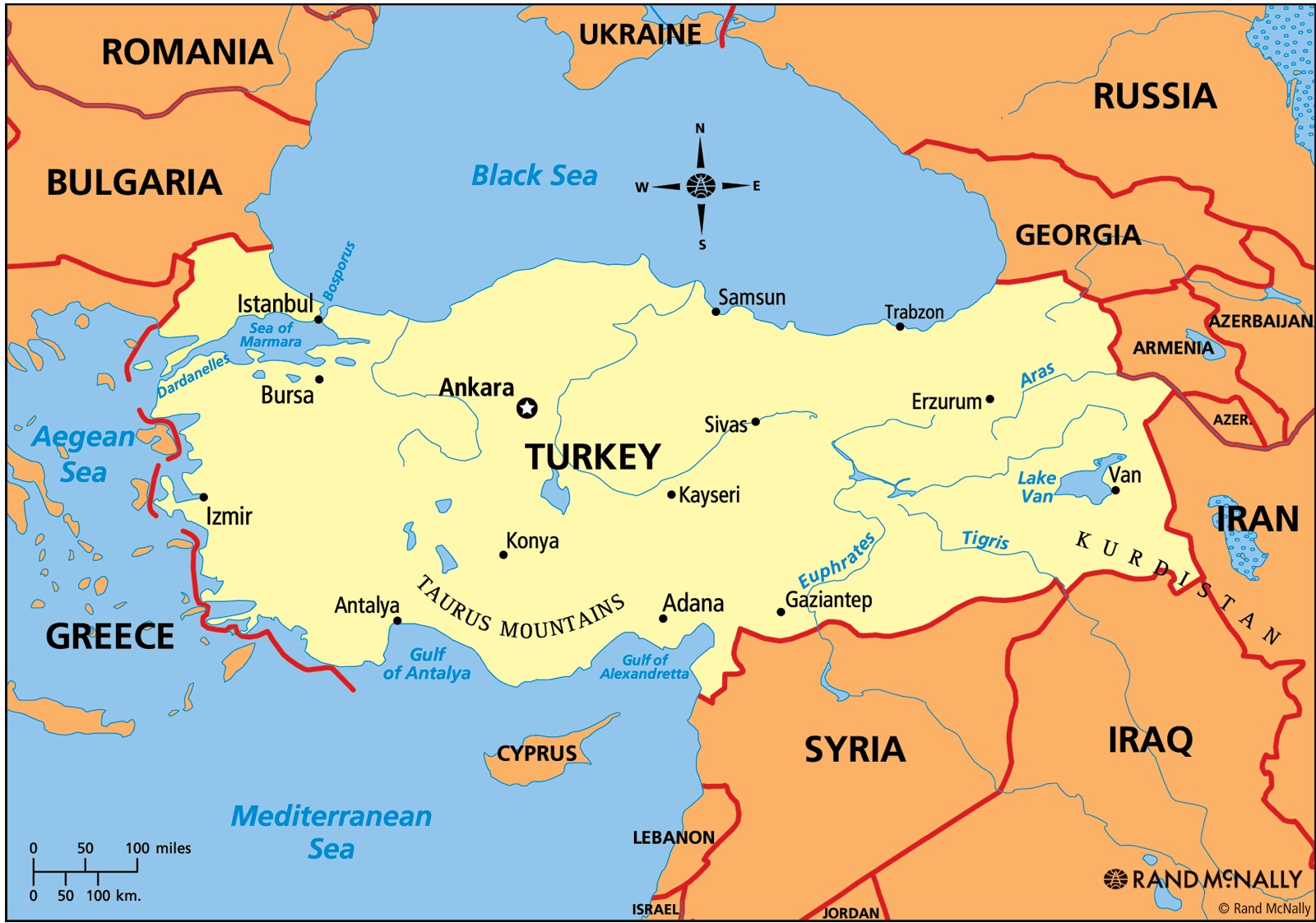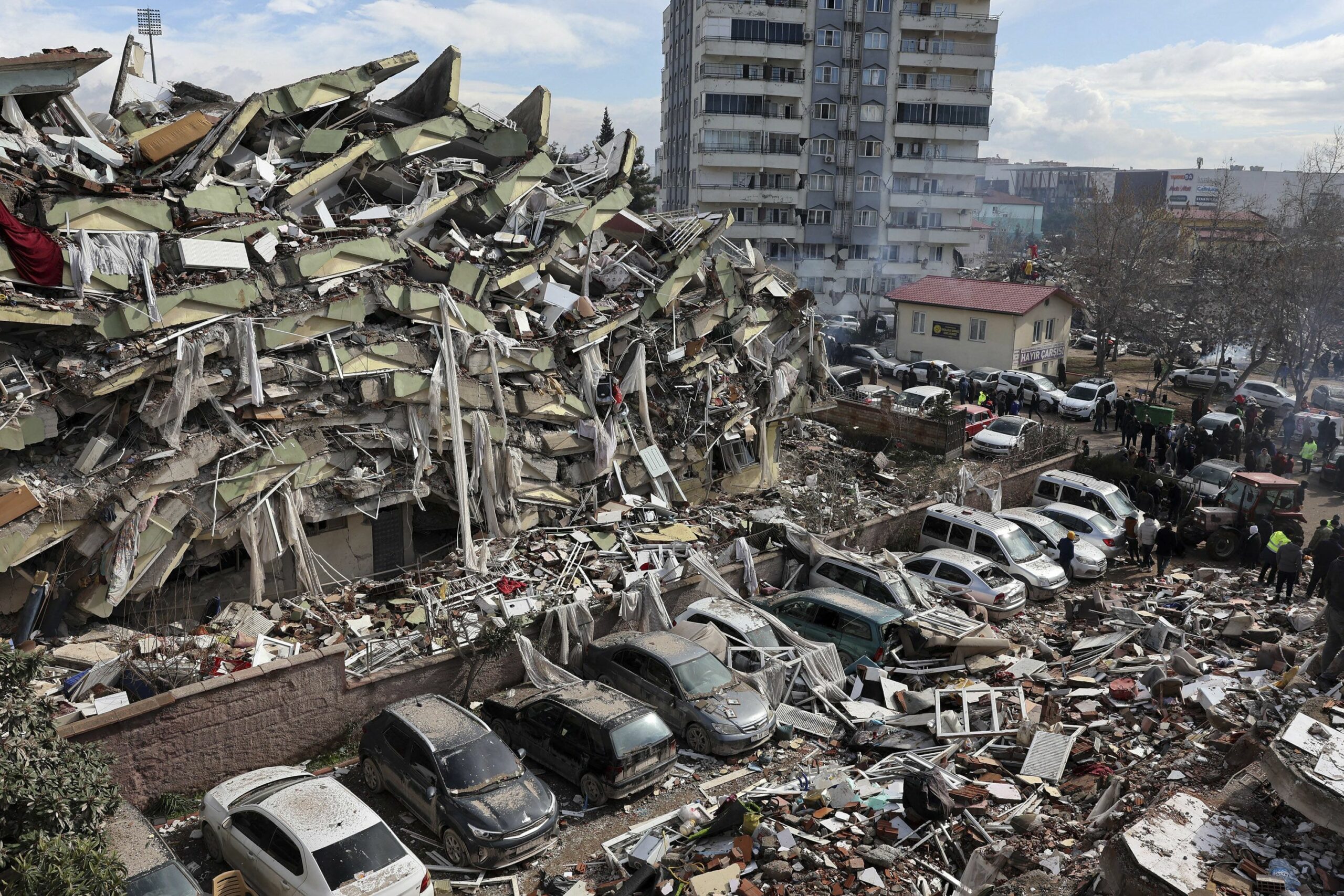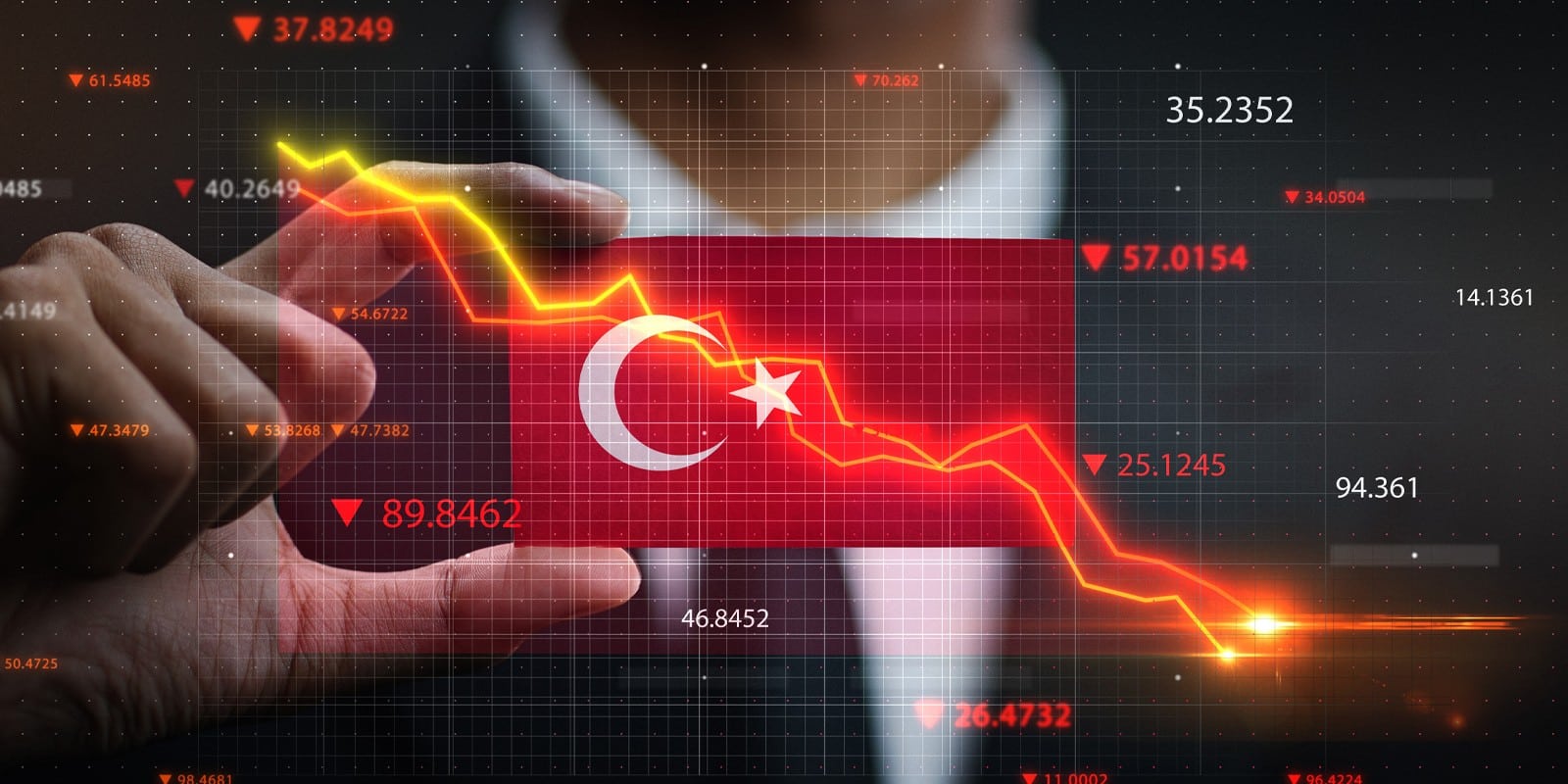Turkey in short
Political system: Presidential regime (Recep Tayyip Erdogan)
Population: 83.5 million inhabitants / 2nd rank among ANMO countries
Median age: 32 (6 month conscription)
GDP: $720 billion / 2nd rank among ANMO countries
Main sources of wealth: Industry, agrifood, textiles, air transport (Turkish Airlines)
GDP / capita: $8,900 / 8th rank among ANMO countries
Defense budget: $11 billion (1.5% of GDP) / 5th rank among ANMO countries
Total strength of the armed forces: 409,000 (including 368,000 military) / 3rd rank among ANMO countries Breakdown of the armed forces: Land (270,000), Air & Space (50,000), Navy (48,000)
Number of internal security forces: 157,000 (Coastguard & Gendarmerie equipped with heavy weapons, including 20,000 JÖH commandos specialized in the fight against the PKK) Geopolitical posture
Reference security structures: NATO, Astana Accords (Russia, Turkey, Iran), Organization of Turkic States
Privileged partners: Qatar, United States, Russia, Germany, China, Azerbaijan, Pakistan, Libya, United Kingdom, Spain, Ukraine, Hungary, Georgia
States and territories in which the Turkish armed forces have bases: Northern Cyprus (35,000 soldiers), Qatar, Syria, Iraq, Libya, Somalia, Azerbaijan
States in which the Turkish armed forces are in operation: Syria (15,000), Iraq (1,500), Libya (1,000 + 3,000 mercenaries), Azerbaijan, Afghanistan, Kosovo (290 within KFOR), Bosnia (250 within the Althéa mission), Lebanon (100 within UNIFIL II)
States with which Turkey experiences strong tensions: Syria, Greece, Armenia, Cyprus, France, Iraq; Germany & Russia depending on the moment States with which relations seem to be calming down: United Arab Emirates, Egypt, Saudi Arabia, Israel
Turkey : Strategic targets
• Contain the jihadist threat and avoid the creation of an independent Kurdistan in the Middle East; keep the PKK under the yoke by cutting it off from its bases in Syria and Iraq.
• Avoid a new military coup and perpetuate the hold of the AKP in a tense economic context:
• Continue internal purges and muzzle the army.
• Flatter Turkish nationalism by regaining influence in certain areas of the former Ottoman Empire (Balkans, Cyprus, Libya, Tunisia, Algeria, Sudan, Syria, Lebanon, Iraq), by stigmatizing certain hereditary enemies (Greece, Armenia) and expanding Turkish influence in Europe, Africa and Afghanistan.
• Promote the Islamo-nationalist agenda in Turkey and political Islam in the world by relying on Qatar and the networks of the Muslim Brotherhood, while keeping Iran, Egypt, Saudi Arabia and the United Arab Emirates.
• Guarantee the re-election of President Erdogan by giving splendor to the commemorations of the hundredth anniversary of the Turkish Republic in 2023.
• Relaunch the economy by multiplying partnerships with China, Asia, Russia (nuclear power stations) and the Caucasus, by massively reinvesting in Libya, by pursuing the economic conquest of Africa and the Middle East and by s imposing as a major hub for hydrocarbons (pipelines, offshore gas in the Black Sea, prospecting in the eastern Mediterranean).
• Affirm the sovereignty of the Turkish Nation:
• Weaken the European Union whenever possible while remaining an indispensable partner for NATO.
• Manage a complex relationship with the United States and Russia by giving them pledges while keeping them at a distance to prevent them from interfering in Turkey’s internal affairs and regional policy.
• Pursue the indigenization of the Turkish defense industry.
Turkey has adopted a “smart disruptor” strategy for a decade to test its rivals, push its pawns and maximize its gains. It has moved from a pragmatic policy of good neighborliness to a policy that is simultaneously more ideological, more autonomous and more Eurasian, which assumes the heritage of Ottomanism and aims for hegemony in the Eastern Mediterranean by calling into question the treaties of the 1930s and promoting the Mavi Vatan doctrine (The Blue Fatherland). Turkish leaders know that the United States and Russia need them: the Americans to preserve their southern shield against Russia, Iran and China; the Russians to access the Mediterranean via the Turkish Straits. Neither Washington nor Moscow can afford to enter into direct confrontation with Ankara. Driven by a strong anti-Western feeling, the Turkish elites feel close to the revenge speeches of the Russian, Iranian and Chinese leaders.
With the approach of the presidential election and the hundredth anniversary of modern Turkey (2023), the risks are real of witnessing new destabilizing actions whether in Cyprus (annexation of Northern Cyprus), in the Aegean Sea or in the Balkan. To satisfy this offensive agenda, President Erdogan has excellent intelligence and clandestine action capabilities. It is counting on a retrained army which remains one of the most credible in the region in terms of its numbers, its hybrid strategy, the excellence of its special forces and its strike and force projection capabilities. He wields both the stick (purges and threats of lawsuits against his executives) and the carrot (fight against the PKK, modernization of armaments, external operations sources of prestige and experience). It is also counting on a local defense industry now capable of supplying 75% of the arms of the Turkish armed forces, mainly in the land and naval fields and that of drones and missiles, even if Turkey remains dependent on the United States for its aviation and of Germany for its submarines. Russia and China are fallback options for the supply of advanced combat aircraft and anti-aircraft systems.




Comments are closed